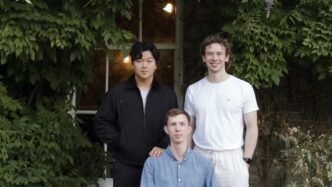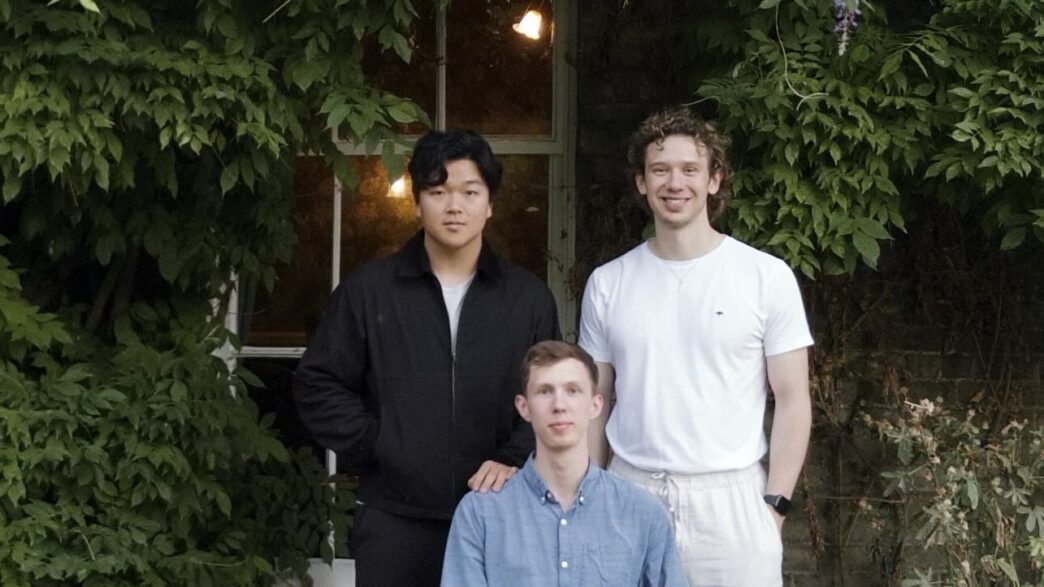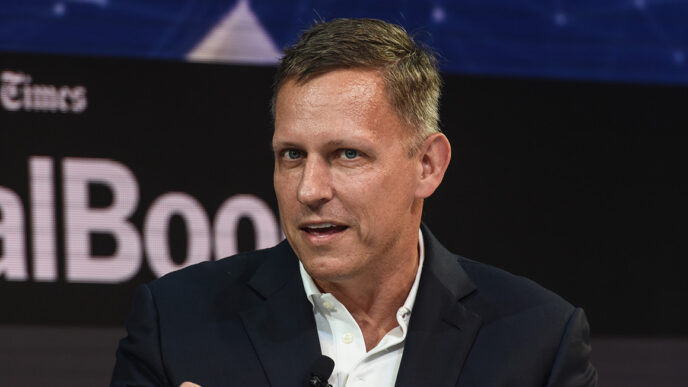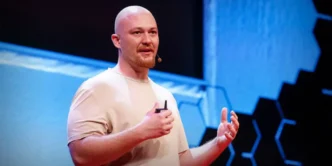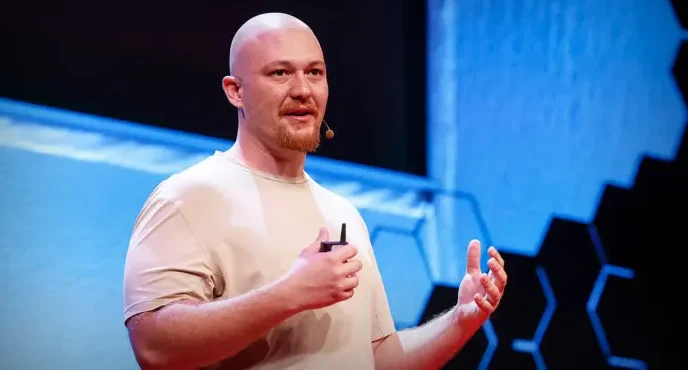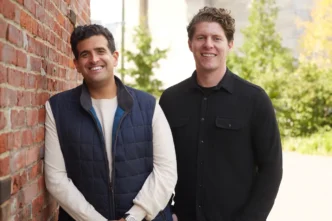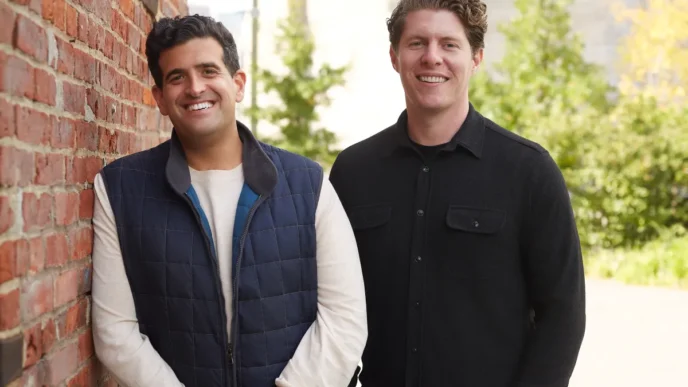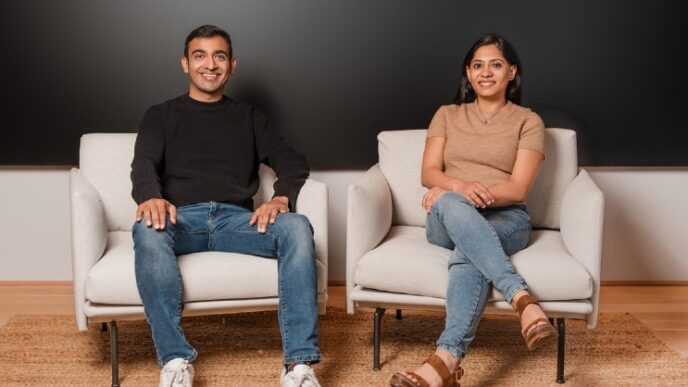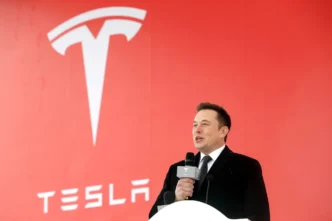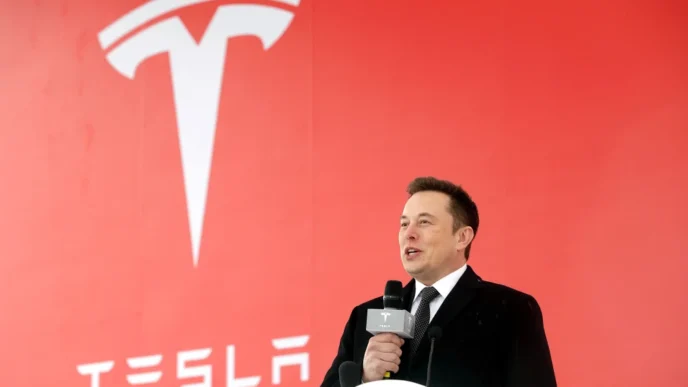Young founders chasing AI startup funding often imagine long pitch decks, flawless prototypes, and months of planning. But in today’s fast-moving AI world, momentum matters more than perfection. That reality is what pushed two Gen Z founders, 23-year-old Julian Windeck and 19-year-old Aidan Guo, to raise $1.25 million for their new AI startup, Attention Engineering.
San Francisco has become their playground. Locals jokingly call it Cerebral Valley, a place buzzing with ideas, noise, and relentless building. For Windeck, the energy feels almost historic, like the creative rush of Renaissance Florence. He believes this is the first city in decades where raw imagination counts as real currency.
The pair launched Attention Engineering earlier this year with a simple but bold idea: create a new kind of desktop assistant powered by AI. It’s designed to quietly follow how you work, understand what you need, and eventually automate everything you do on a computer. Guo describes it as “ambient and proactive,” something that becomes part of your workflow without forcing you to think about it.
Guo’s journey started in Vancouver, where he left a planned path to Carnegie Mellon behind. He moved to the Bay Area for a second gap year, joined programs like Z Fellows and Emergent Ventures, and met mentors who pushed him to build fast and worry less. He says people in San Francisco are surprisingly generous with their time, especially when they see young founders who are hungry to learn.
Windeck took a different road. After studying computer science in Germany and at Cambridge, he joined MIT for AI research. But the academic world felt too slow for him. He didn’t want to spend years feeling like “another cog in the machine.” So he left, moved to California, and started building full time.
The founders met through friends who were already deep in the AI ecosystem, people like Silas Alberti of Cognition and Marvin von Hagen of The Interaction Company. They built small projects together, realized they worked well as a team, and eventually turned those late-night sessions into a real company.
Attention Engineering now has five employees and $1.25 million in pre-seed funding. Their backers include Lukas Haas from Google DeepMind, Felix Schlegal and Marvin von Hagen from Interaction, Bryan Pellegrino from LayerZero, and VC firms like Village Global and Liquid 2 Ventures. It’s a strong list for a young team, but they say it came from trust, not traditional pitching.
Guo believes the Bay Area works on relationships more than anything else. There aren’t many rules here, and everyone moves fast. Because of that, founders need people who trust them enough to keep backing them again and again. That trust is built long before money comes into the conversation.
When they talk about raising funding, their first lesson is simple: show progress. Investors care less about perfect ideas and more about how quickly you’re improving. Guo calls it “slope.” Even a rough prototype with clear momentum beats a flawless idea that never changes. Windeck adds that your first idea is rarely your best one, so cycling quickly shows you can adapt, and that’s what people really invest in.
They also say founders should master cold outreach. Most early opportunities come from messages sent to people who don’t know you yet. Guo remembers studying old emails from teens who landed jobs with just a few sharp bullet points. That same direct, personal approach works just as well for reaching VCs and founders today.
Another thing they learned is to protect momentum. They raised faster in their first week than they ever could have later because energy attracts attention. Waiting slows everything down. Moving fast keeps conversations alive.
They’re also convinced that location still matters. Even in a remote-friendly world, they believe nothing replaces the Bay Area. Being surrounded by builders creates constant pressure to improve. It’s easier to find mentors, easier to meet investors, and easier to stay motivated when everyone around you is shipping something.
Their final lesson for landing AI startup funding is about how you carry yourself. Investors don’t just bet on ideas, they bet on people. Being reliable, communicating clearly, and showing up on time matter more than most founders realize. Professionalism builds confidence, and confidence opens doors.
Together, their experiences form a simple pattern: build quickly, reach out boldly, stay in the room where things happen, and act like someone people want to back. That’s how two young founders turned an idea into a funded AI startup long before most people their age even enter the workforce.
